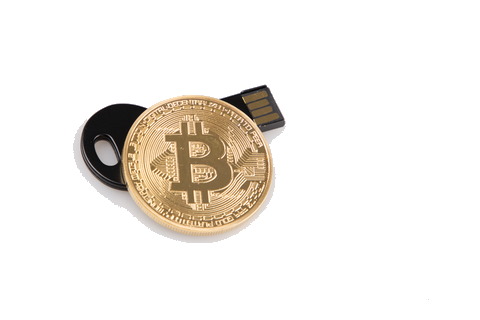Crypto Wallets
What is a Crypto Wallet?

Cryptocurrency wallets are an important concept to understand as they are a key way of keeping your digital tokens and currency safe. Wallets store your private keys which are the bits of code that links you to your money. You don’t need a crypto wallet to own and store cryptocurrency, but a wallet can be a great way of controlling your assets: a place where you can store, receive, send and spend crypto currencies like Bitcoin, Ether and Polkadot.
Most people buy their cryptocurrency through an exchange like Coinbase: a place where you can buy and sell digital coins with dollars, pound or euros. While your money is on the exchange, they control your private keys. By withdrawing your Polkadot Coin (for example) into a wallet, you remove it one step from the exchange.
We run through the main types of wallets below, and you’ll find reviews of different wallets in this section.
How do Wallets Work?
Your cryptocurrency, such as your Ripple Coin (XRP), lives on the blockchain, that public record of all of the transactions within a crypto ecosystem. Here’s the thing that makes this secure. The funds can only be accessed using a private key: this proves that you own your digital money and enables you to make transactions.
So you must keep your private keys safe, and a wallet is one way to do this
Private Keys and Public Keys
Each crypto wallet has a Public Key (this is the address that someone would send your money to) and a Private Key (we have already discussed these. These give you control over your wallet).
Your public key identifies your account on the ledger. It’s like your bank account number. Your private key is used to authorise transactions and proves you own the public key. Keep your private keys to yourself.
When someone sends you some digital currency, they are tagging ownership of the coins (that sit on the blockchain) to your wallet’s address. To unlock the funds and increase your balance, your private key in your wallet must match the public key the currency has been sent to. If both keys match, your balance increases, and the payer’s balance decreases.
Types of Wallet
Paper wallets
You can simply write your keys down on a piece of paper and lock it away somewhere. This makes it harder to perform transactions, but it is a secure method of keeping your private keys safe if you are the only one with a copy, and it is a hard copy at that.
Hardware wallets
Your keys are stored on a physical device that is only online when you want to carry out transactions. this could be a flash drive, for example. It’s a balance between security and ease of use.
Online Wallets
Keys are stored in the Cloud. They are very convenient, but the Private Keys are contolled by the third party.
Mobile Wallets
The wallet is an app on your phone or on your desktop. Read our Atomic Wallet review for a good example. Generally, the keys will be secured with two-step encryption. These kinds of wallets are more convenient for sending, receiving, and carrying out transactions with your digital money. Some, like Atomic, will store your private keys on your device.
Desktop Wallets
Similar to Mobile Wallets, but your keys are stored on a PC or laptop. Obviously not as convenient as a mobile wallet, but secure. Some services allow you to switch between mobile and desktop.
Hot and Cold Wallets
Another way of categorising cryptocurrency wallets is through temperature. The difference between a hot and cold wallet is that hot wallets are connected to the internet, while cold wallets are not. So a paper or a USB wallet is cold, and a mobile or desktop wallet is hot (unless you are disconnected from the Internet which is, let’s face it, pretty rare these days.
Which to Choose?
You will need to decide which method best fits your needs. Do you want to keep all of your crypto in one place? Will you need to use the wallet for frequent transactions or are you more interested in storing your assets?
At the very least, we would recommend that you have control over your own private keys.
